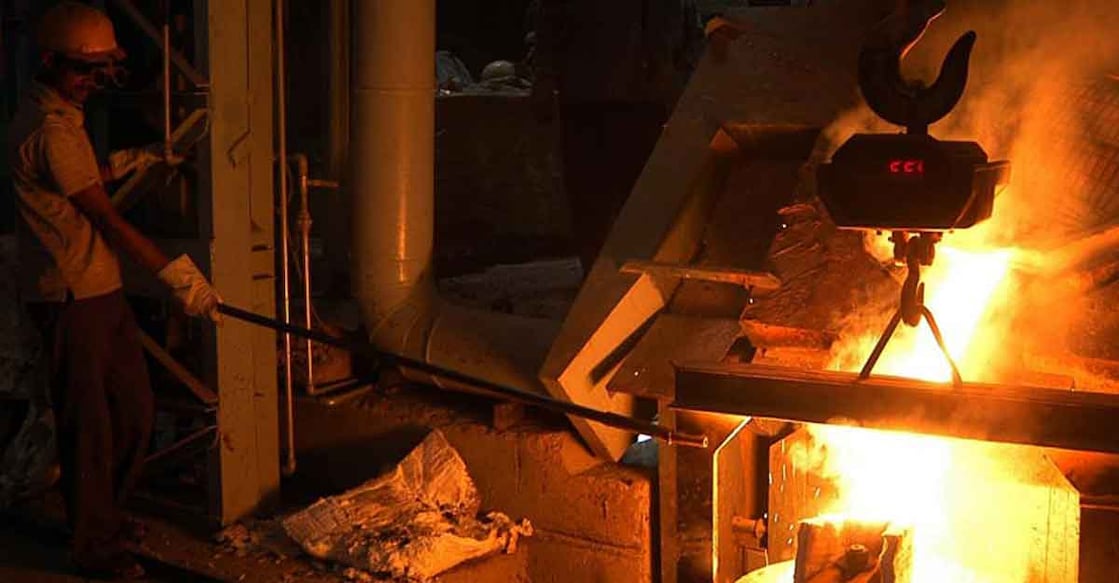Kerala's draft labour rules need more clarity on factory jobs for women

Mail This Article
Kochi: In a bid to improve labour standards and create more jobs the Government of India overhauled decades-old labour laws, some dating from colonial era, and brought in four codes enshrining several legislations on industrial relations, social security, occupational safety, wages etc. Sadly, the Left Government in Kerala is yet to take measures to reflect radical changes in the draft rules prepared by it.
Though the new draft rules provide for the deployment of women in night shifts, the continuing curbs on their doing hazardous factory activities would result in decreased job prospects for them.
The draft rules framed by the Kerala Government allow relaxation only on the existing restriction on employment of women in night shifts.
Meanwhile, there is a lack of clarity in the new draft rules with regard to the number of women to be deployed in night shifts in factories. Factory authorities pointed out that the provision providing for a minimum number of persons to be deployed in night shifts is not practical.
"Likewise, more clarity is needed in the matter relating to the appointment of women supervisors," said Anu Francis and April Suzanna Varkey, Research Associates with the (Centre for Public Policy Research) who conducted a study in this regard. Their report which suggests changes to be incorporated in the draft rules will be handed over to the Kerala Government soon.
The revised provisions brought in by the Centre seek to remove the ban on women being employed at hazardous workplaces such as chemical factories. The Tamil Nadu Government too recently amended its labour laws to permit the employment of women, except those who are pregnant, in factories dealing with the hazardous process.
The provisions of the Kerala Factories Rules, 1957, term activities such as dyeing and stenciling mats in coir factories as dangerous for women. However, with the mechanization of factories, such activities have become simple and safe. Similarly, in cashew industry, women are permitted to do only the peeling activity. They are not allowed to do jobs such as roasting, despite the introduction of modern machines for carrying out the process. Likewise, the presence of women in places like refineries is confined to management and administration sections. Such limits continue even when women are chiefly employed in sanitation activities for factories with hazardous processes!
Since Labour is a concurrent subject, both the Centre and the States need to frame the rules. Though the Centre has notified the reforms, the state is yet to do the same, resulting in their non-implementation.

